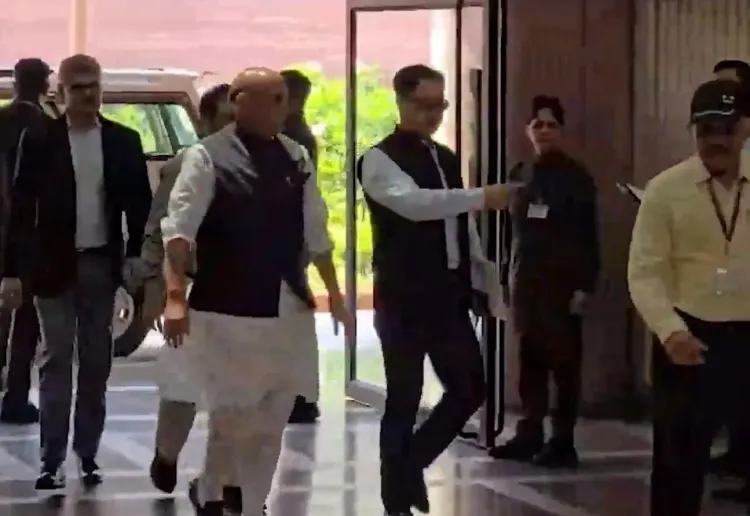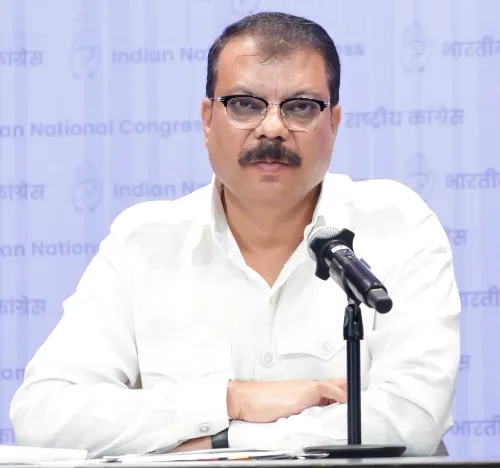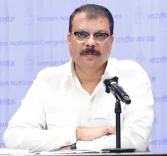What Happened in the All-Party Meeting on Operation Sindoor?

Synopsis
Key Takeaways
- All-party meeting on Operation Sindoor initiated.
- Indian armed forces conducted precision strikes on terror sites.
- Discussion on national security and military strategy.
- Government emphasizes transparency with opposition leaders.
- Focus on measured and proportionate military response.
New Delhi, May 8 (NationPress) The all-party meeting convened by the Centre to enlighten Opposition leaders on ‘Operation Sindoor’ has commenced in the national capital.
During this gathering, the Centre is anticipated to inform all parties about the precision military operations executed by the Indian armed forces against terror targets in Pakistan-occupied Kashmir (PoK) and Pakistan, which includes the headquarters of Lashkar-e-Toiba in Muridke and significant terror training camps in Bahawalpur.
This meeting reportedly arises from a directive by Prime Minister Narendra Modi.
Parliamentary Affairs Minister Kiren Rijiju addressed the media, stating the importance of maintaining transparency with all political factions regarding the Army’s actions against Pakistan. He noted that PM Modi has instructed them to keep the Opposition informed about how the Armed Forces are leading India’s battle against terrorism.
The meeting is expected to be led by Defence Minister Rajnath Singh and Home Minister Amit Shah. Opposition leaders will be updated on the Army’s operational goals, the targets struck, the strategic and security implications, and the nation’s preparedness to respond should Pakistan engage in any hostile actions.
Nonetheless, prior to the meeting, Congress leaders voiced concerns regarding the absence of the PM, suggesting that his participation would enhance the meeting’s significance and demonstrate that the national leader is inclusive.
This assertion was dismissed by the BJP, which contended that the Prime Minister has already showcased India’s rightful response to Pakistan’s terror provocations.
On Wednesday, Foreign Secretary Vikram Misri, accompanied by two female officers, provided an update about the Army’s precision strikes that avenged the recent Pahalgam terror attack by dismantling terror infrastructures and neutralizing terrorists across the border.
India has clarified that the operations were not meant to escalate tensions but were a calculated and proportionate reaction to the April 22 terror attack in Pahalgam, Jammu and Kashmir, where 26 civilians, including a Nepali national, lost their lives. "Our operations have been focused, measured, and non-escalatory. No Pakistani military assets have been targeted. India has shown significant restraint in choosing targets and executing the operations," stated the government.









